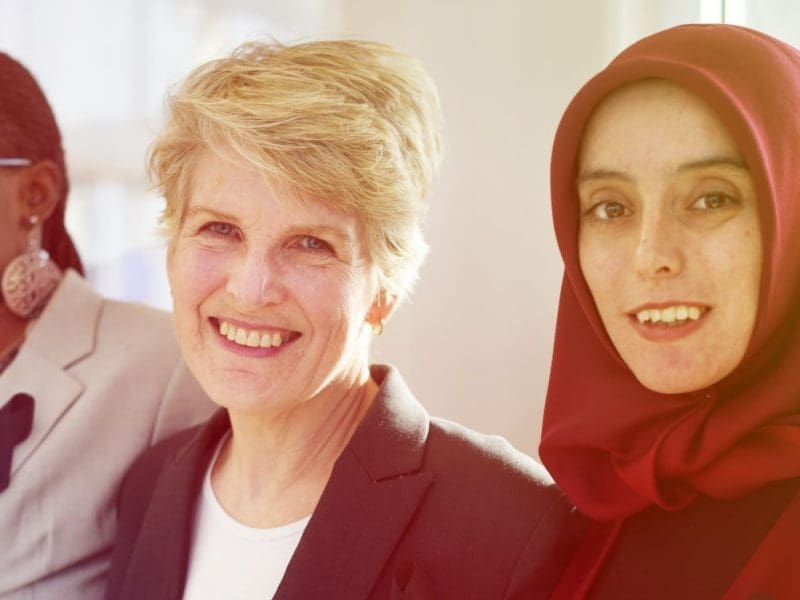Culturally Responsive and Accessible Approaches to Research: LGBTQ2S-Plus Populations – Final Report
Data increasingly show that LGBTQ2S+ (including lesbian, gay, bisexual, transgender, queer, and Two-Spirit) populations in Canada experience social, economic, and health disparities rooted in systemic stigma and discrimination.
Longstanding gaps in data and evidence on health and its determinants among LGBTQ2S+ people and communities inhibit our ability to address those inequities. In turn, there have been increasing calls for data collection with LGBTQ2S+ populations that is more culturally responsive and accessible, so as not to perpetuate any further harms or systemic discrimination.
The concern is not just about collecting more data, but ensuring data are of a sufficiently high quality to accurately reflect the needs and perspectives of affected communities. Processes of data collection, analysis, reporting, and action on health inequities also need to be inclusive, equity-promoting, and responsive to communities.
This project sought to identify key issues and opportunities relating to the development and implementation of culturally responsive and accessible approaches to defining, measuring, collecting, analyzing, and reporting on health outcomes and determinants of health among LGBTQ2S+ populations. The project was funded by the Public Health Agency of Canada (PHAC) and carried out by the Social Research and Demonstration Corporation (SRDC).
Project Details
Published: June 2022
Capability: Survey Design and Data Management
Policy Area: Health - Population Health
Population: 2SLGBTQ+ People
Type: Final report
Other Related Projects

Diversifying the Talent Pipelines for In-Demand Red Seal Trades
This project focuses on supporting apprentices from equity-deserving groups, including women, gender-diverse individuals, youth, Indigenous people, and racialized individuals in Ontario, Alberta, and Nova… Read More
SCWIST STEM Streams Evaluation Support
As part of the Women’s Employment Readiness pilot funded by Employment and Social Development Canada, the Society for Canadian Women in Science and Technology… Read More